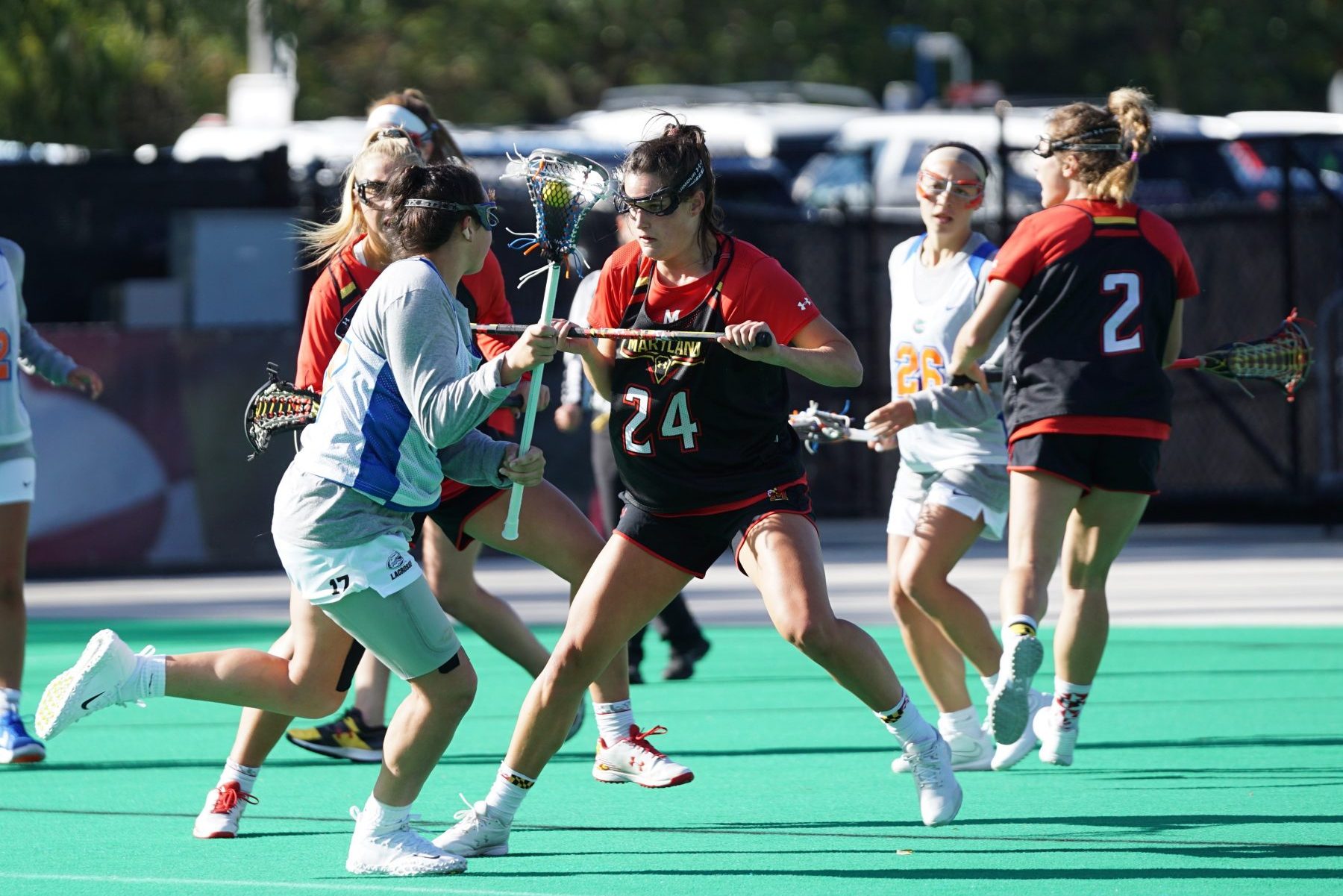Chances are you’ve watched college athletes from a living room or stadium, or if you’re near a college campus, you’ve probably seen one walking around. If you’ve ever wondered what that person’s life is like, I’d say that it’s like any other college student’s life, only harder. Some people would disagree, but there’s really no single answer. The experience can be rewarding, fun, exhausting or miserable. You might push yourself to unlock a new level of “potential,” crumble under the pressure or coast your way through those four or more years. Being a D1 athlete might make you feel like a god or a piece of meat. The only thing you can count on is that it will get to you, for better or for worse.
If you’re good enough, a love or general liking of the sport and the prospect of a college education are reason enough to want to be recruited. In an increasingly competitive environment, the process can get you an affordable college education and a better shot at highly selective schools.
Once you’ve made it past admissions, things that’ll keep you there could be passion, community, a sense of purpose or necessity. For some, college athletics are a hopeful step on the way to a professional career — depending on the age limitations of the sport. Since only about 2% of D1 athletes go on to play professionally, the four-year college career is the most common route for those who stick with it, and for many, college athletics is the highlight of their youth or even their life.
For the best of the best, a college career is a key part of the progression into a professional career. However, for some sports, like baseball, the professional career often begins earlier on. The best gymnasts have already “retired” before they have to choose to compete in college. If playing a sport isn’t a preferred or feasible career goal, a D1 student athlete will still get the daily structure, meditative process, friendship and unforgettable experiences before stopping after college like most athletes.
However, some find more reason to quit than to keep playing during their years in university: a loss of passion, a lack of playing time, a persistent injury, a compromised education, an ill-fitting culture or coaching style or a need for fulfillment elsewhere. As part of a culture based in profit and spectacle, athletic programs are usually never about the athletes, and some of the most common and longest lasting issues among them have to do with mental health. You could be cut from the team or suffer a career ending injury or emotional damage.
Walking away from athletics is far from easy. It can mean social isolation, a loss of identity, transferring schools and even dropping out. For many, an athletic scholarship is the only way to afford a four-year degree. While medical retirement is typically a D1 athlete’s nightmare, I’ve met some who were grateful for the freedom it allowed them. However, even if you have the option to voluntarily quit or transfer, it’s easy to feel trapped in your decision because of the limited community you may have outside of the athlete bubble in which you spend hours each day.
D1 athlete life will get to you, but no matter your experience it can teach you a lot more than the classic “hard work and persistence”. It forces you to negotiate with yourself and your career, your personal work-life balance, whether or not something is worth it to you and what you want to get out of your next few years. Whether you stick with it or not, you can only change the things that you can. The best you can do for yourself is to be thankful for the opportunities you’re given, and make some friends along the way. After all, it’s only four years.
















